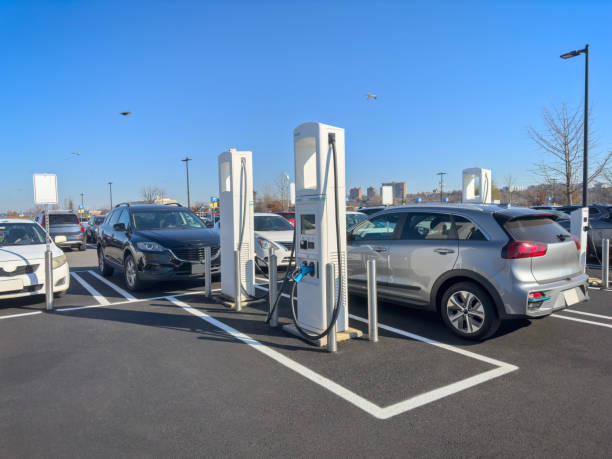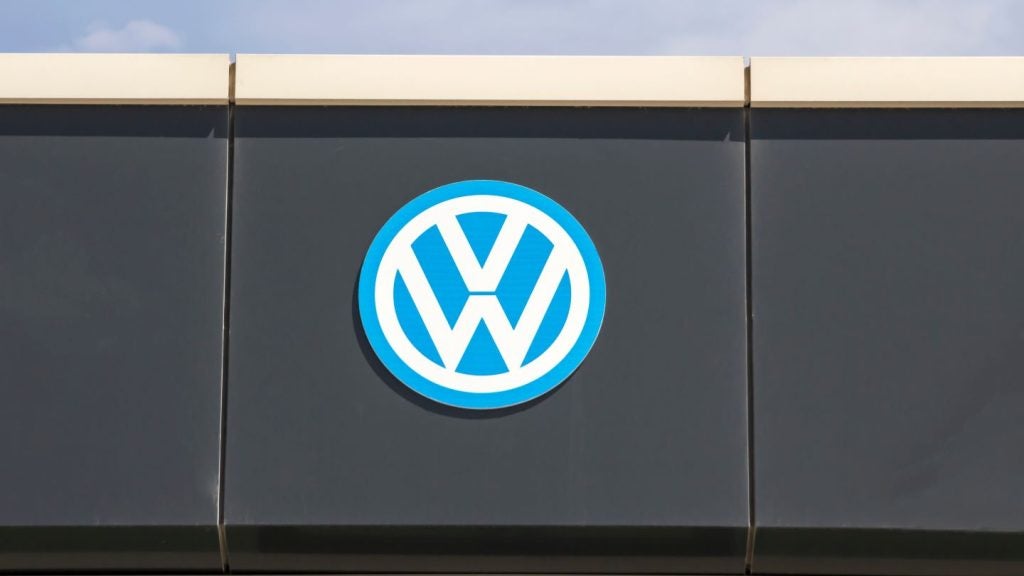Andy Tong looks at
‘incentives’ and the effect they have on the business.
 Late last
Late last
month, news came to light that the Chinese authorities were seeking
to levy fines on the finance arm of a major carmaker which, they
claim, was paying dealerships to direct finance applications its
way rather than to local banks.
While the situation is a long way
from the UK motor finance industry, it got me thinking about the
whole business of ‘incentives’, and the effect they have had on the
business.
Let me first share a personal
perspective.
I have just spent a fortune on
paying builders to convert a garage into a study – at the very
least it means less time in the office, and more chance the kids
will remember what I look like.
How well do you really know your competitors?
Access the most comprehensive Company Profiles on the market, powered by GlobalData. Save hours of research. Gain competitive edge.

Thank you!
Your download email will arrive shortly
Not ready to buy yet? Download a free sample
We are confident about the unique quality of our Company Profiles. However, we want you to make the most beneficial decision for your business, so we offer a free sample that you can download by submitting the below form
By GlobalDataNeedless to say, the variety in
prices was substantial when getting quotes for the work.
Most notable were two builders who,
after being turned down, took me aback by offering a revised bid
with an interesting twist. They offered to do the work at their
original estimate but would, on completion, rebate some costs back
to me as cash.
This just serves to discount the
overall cost of the job for the buyer while artificially inflating
the value of it for insurance and valuation purposes.
But these two builders couldn’t
start the project until November, as they were so busy with
corporate and council work – no doubt at inflated prices, with
substantial rebates paid in cash to those who appoint and
instruct.
Backhanders; nothing new, and there
is of course a place for them, but I can’t write about that here as
this is a professional magazine and it wouldn’t print the words I
would use. It doesn’t matter how you refer to them – bungs, bribes,
slides, brown envelopes – some people even call them incentives. I
prefer to call them theft.
This, arguably, is where finance
and insurance came from in the first place: a minor inducement to
use funder B instead of funder A, with the promise that funder B
will give you a little tickle in return. Dealer groups quickly
caught on to this in the US, and later over here.
Much as is happening in China now,
these ‘incentives’ to sell a different funder’s paper became
legitimised as finance commission, then volume bonuses,
documentation fees, and then add-on products such as (dare I say
it) credit insurance.
Simply put, any inducement is used
to appeal to the greed of the recipient and influence them to make
a decision that profits them, with little or no thought as to the
impact on the buyer.
I have just helped a dealer group
eject three managers for exactly this reason – they had received in
excess of £60,000 in ‘incentives’. I calculated this cost their
former employer around £140,000 in lost profits, and I remain
gobsmacked that some still rely on these covert methods to buy
business.
The cost of incentives has to come
from some point in the business chain.
My advice? Think about where this
point is, and then make a decision to make it transparent,
legitimise it and add genuine value in the process. Anyone can buy
business with a bung – be different. Sell your features, your
benefits, and yourself.
As Alan Simpson said: “If you have integrity, nothing else
matters. If you don’t have integrity… nothing else matters.”







